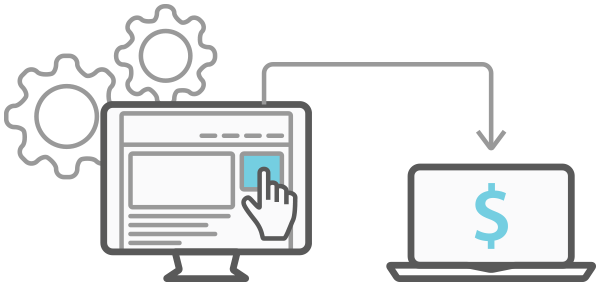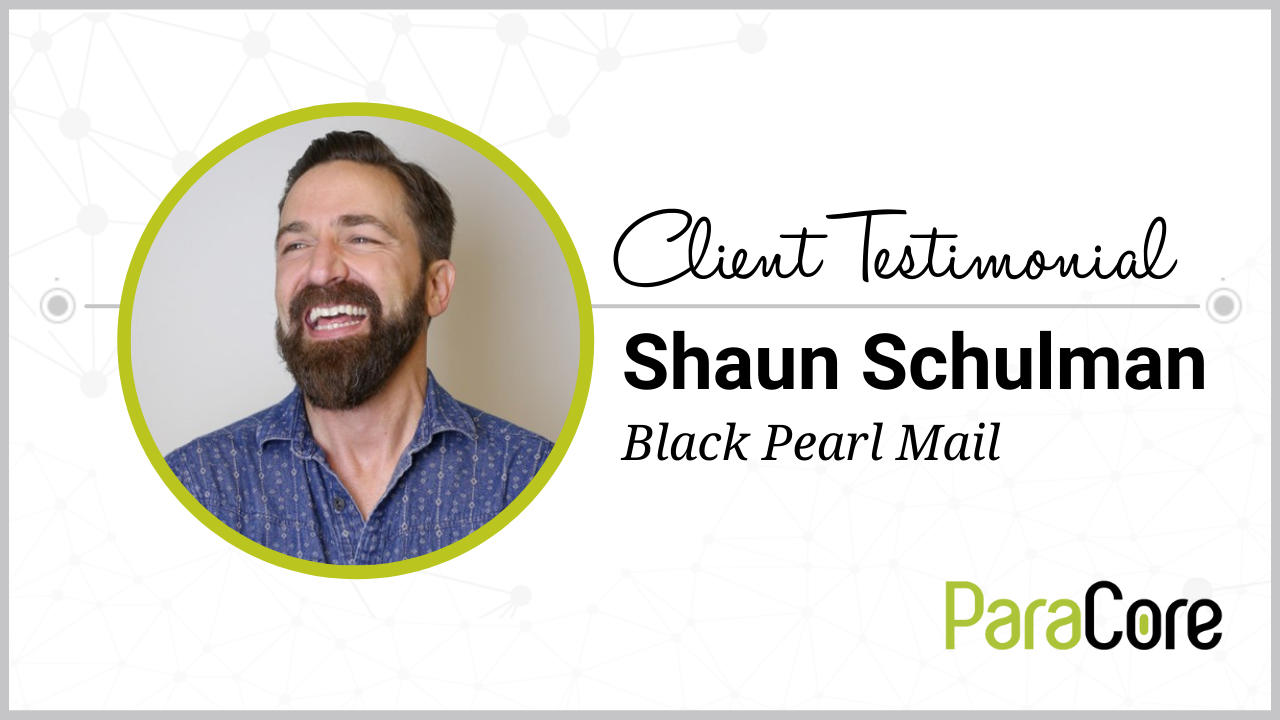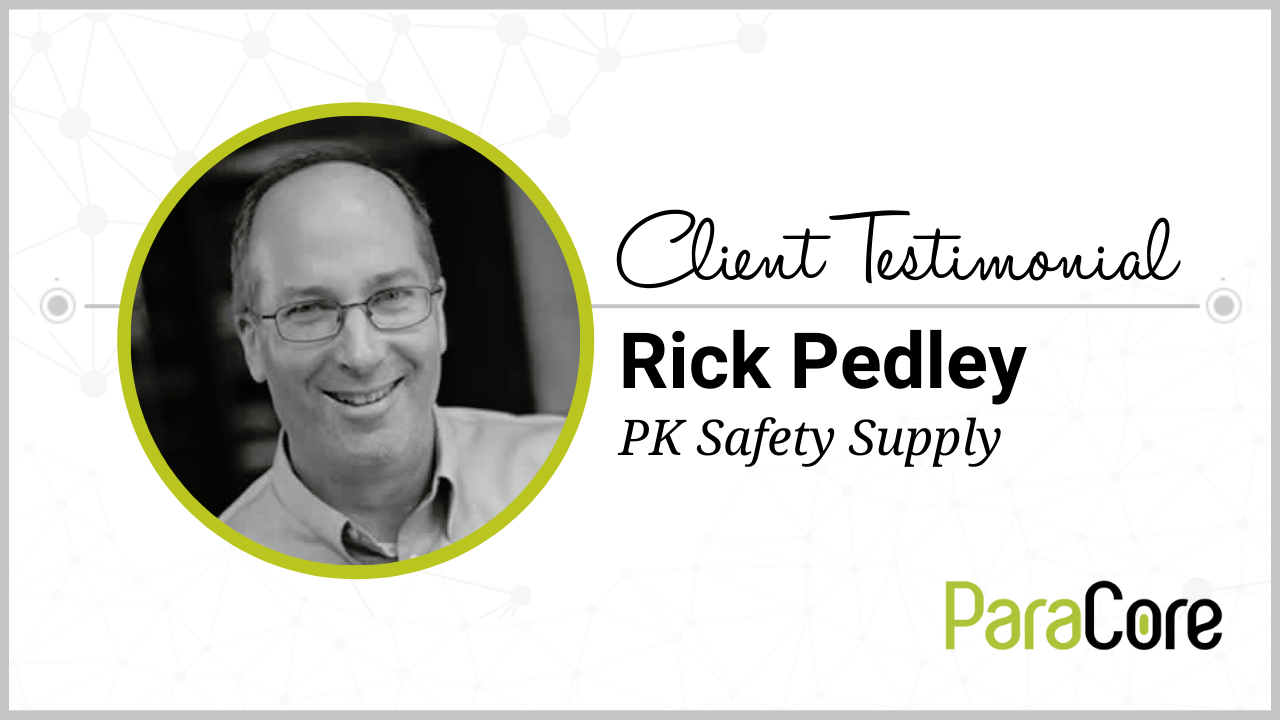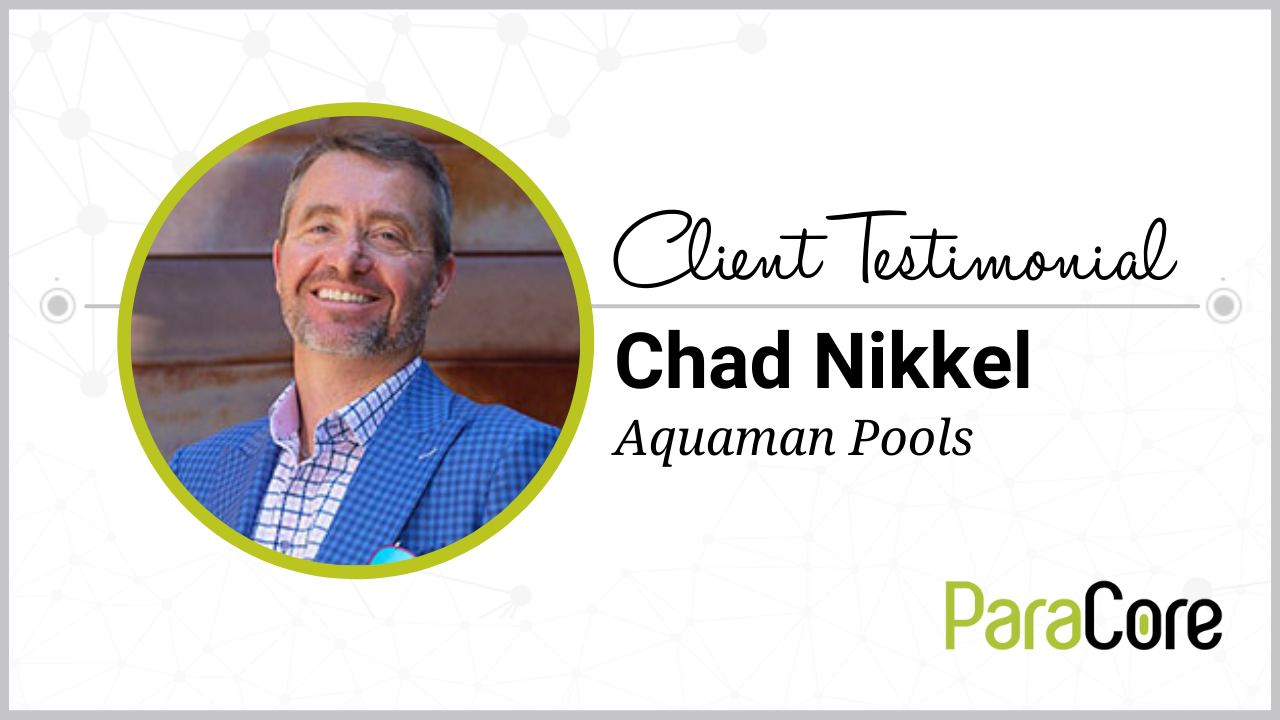While tons of websites will praise SEO as a source of “free traffic,” that’s just not the case.
When you’re considering SEO vs. PPC, you have to take a closer look at your goals to determine which tactic is right for your business.
Let’s break it down!
The hidden cost of SEO: What it takes to succeed
Many business owners and marketers invest in SEO because it’s “organic,” meaning you attract traffic on search engines without paying for the exposure.
What they don’t realize is that “organic traffic” doesn’t mean “free traffic,” and the cost of SEO lies in the time you’re going to spend getting it up and running.
How SEO works
When most people think of SEO, they think of two steps:
- Write new blog articles that relate to your business, while integrating keywords your customers might search for.
- Add the keywords to other important parts of the page, like the image alt tags and page title.
That might generate some traffic, but in order to get SEO value out of those articles and make your system sustainable over the long term, you’ll need to take steps beyond that, such as:
- Ensure your website is well designed, has clean code, and delivers a positive user experience.
- Share the article on multiple social media accounts when it’s published to get an initial boost, then a few more times in the following weeks or months. (Unless you have a major Facebook following, you also may need to pay to promote your posts. Otherwise, they’ll likely go unseen because Facebook’s algorithm favors pages with high follower counts and engagement.)
- Have a PR and link-building strategy to drive traffic back to your website.
The pros and the cons
SEO can be a game-changing tactic in your marketing strategy if you have the time and resources to do it well. Once your website starts garnering attention, it often gains momentum over time as you create new content, share that content on social media, and attract traffic from other links and publicity.
While the upside to SEO can be huge, it’s important to be aware of the downside and risks, too.
“The hidden cost of SEO. No, it’s not free.”
Many business owners put extensive time and energy into an article, only to find it doesn’t measure up to articles that are competing for the same keyword.
This competition may prevent it from ranking highly in search engine results, which means it probably won’t get the attention it deserves because only 5.59% of organic clicks happen on pages two and three.
SEO results are also hard to track and quantify, especially when it comes to ROI. Business owners and marketers must determine how many leads came in, and how many of those leads were a direct result of SEO.
Some of that tracking can be done with Google Analytics, but making a direct connection is not always possible.
Advantages of AdWords PPC
The upfront cost of SEO is low, so is it worth it to invest in pay-per-click (PPC) advertising? The answer may be “yes” if your business:
- Doesn’t have the time or desire to create new, quality content on a consistent basis,
- Wants quality leads faster, and
- Has budget to dedicate to PPC.
Here are the key advantages of PPC advertising:
Control over your listing
With SEO, you can choose your article title and description, and pull in a bit of dynamic content with some well-placed tags in the code. But these enhancements still come nowhere near the customization of PPC ads.
PPC advertising will move your ad to the top of search results faster, and you’ll be able to show extra information, such as links to specific pages, reviews of your services, and even a phone number. (Plus, call tracking lets you see how many calls were made from the AdWords listing.)
These extensions make your ad take up more page space, give the reader more reasons to click on the ad, and can ultimately increase the link’s click-through rate (CTR).
Clear ROI
How many leads are you getting for your money? SEO is built to help searchers find helpful webpages, while PPC is built to help your business attract qualified customers.
With the right setup and advanced tracking, PPC data can provide more insight into how customers interact with your ads and whether or not the ads are actually working.
Faster testing
SEO can have a huge impact, but it often takes months or even years to see real results.
On the other side of the ring, PPC delivers fast results and allows you to modify everything on the fly. In Google AdWords, for example, you can view exactly which search terms are attracting the most clicks on your ads. Immediately, you can create more ads to capitalize on those search terms, test new messaging, and pause ads that aren’t performing as well.
Retargeting
Ever visit a website and see the company’s ads on another website a few days later? That’s called retargeting. It’s a form of PPC advertising that makes it easy to get your product back in front of people who have already expressed interest.
Retargeting contributes to higher brand recall, and visitors who are retargeted with display ads are 70% more likely to convert on your website.
The debate isn’t “free vs. paid”
When it comes to SEO vs. PPC, the economics are not as clear-cut as they may seem. To know which one makes more sense for your business, you have to evaluate your business goals.
SEO can generate massive traffic over time, but it requires a significant time investment and takes a long time to see results, which are often hard to quantify.
PPC advertising requires a budget upfront, but it’s nimble, brings in quality leads right away, and offers detailed data to help with decision-making.
Two kinds of investments, two kinds of results.
SEO and PPC may seem like competing strategies, but they can actually work together to amplify your online presence. While SEO builds a strong foundation through optimized content and backlinks, PPC serves as the immediate traffic boost, capturing potential customers who are ready to convert. Combining both can be a powerful approach, especially when leveraging strictly.ai to automate targeted messaging and enhance engagement.
With conversational AI, businesses can further streamline the customer journey. Imagine a user clicking on a PPC ad and landing on your site — instead of waiting for them to navigate, AI-powered chatbots can step in, addressing questions instantly and guiding them toward conversion. This synergy not only improves the user experience but also maximizes the ROI from both SEO and PPC investments.
Want to learn more? ParaCore can put together a free PPC plan and competitor analysis so you can see how PPC could help achieve your goals. Get your free report here.
Related Posts
- What Is The Difference Between PPC and SEM?
- PC Audit Handbook: How to Analyze Your PPC Campaigns
- The Best PPC Tools of 2022, As Told by PPC Experts
- Beginner’s Guide to UTM Tags & Tracking
- Generate Leads with Facebook Lead Ads
- Cost-per-click vs. cost-per-acquisition: Are you tracking the right PPC metrics?
- How Does Pay Per Click Work?
- Benefits of PPC
- Why Should I Invest in PPC?
- What is Google PPC Advertising?
- Facebook Retargeting Strategy
- Introduction to ManyChat
- Case Study: Return on Ad Spend Optimization
- 🎁🎄 Holiday Ad Spend Strategy
- Should You Be Running Branded Ads?
- SEO vs SEM
- CTAs for YouTube Ads
- Case Study: 258% Increase in Conversions
- Traffic Campaign Strategy
- No Captions on Facebook Ads or YouTube? You’re Killing Performance
- LinkedIn InMail Website Re-targeting







